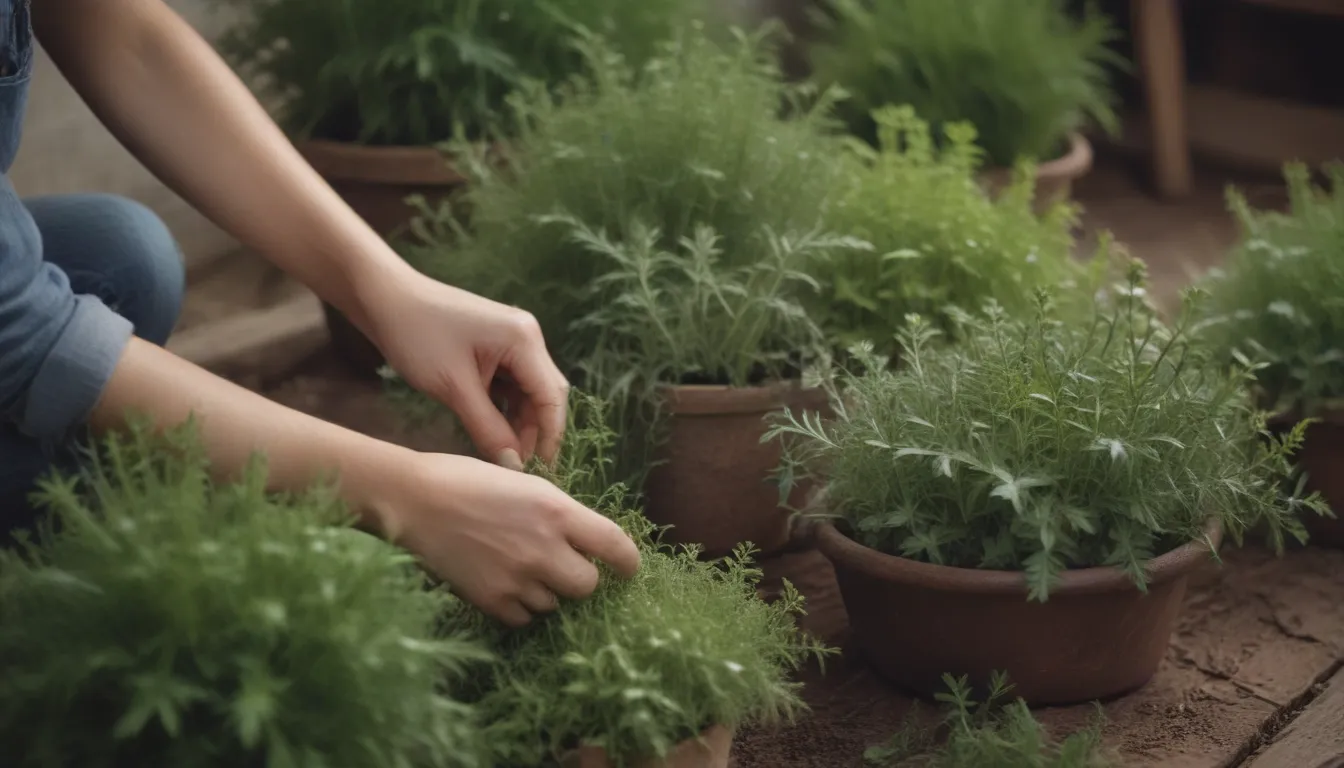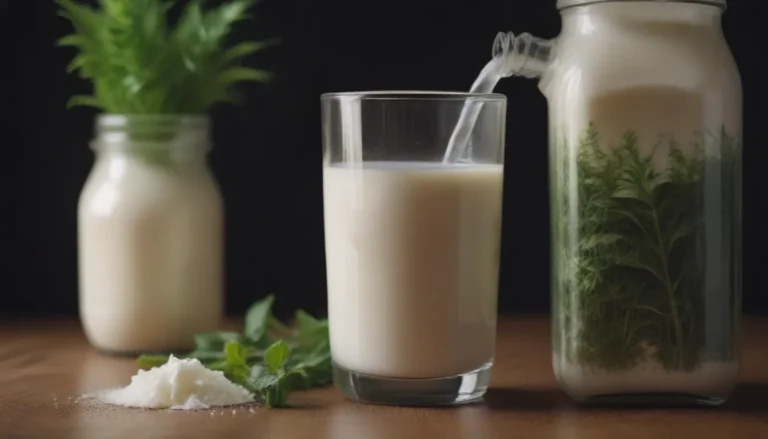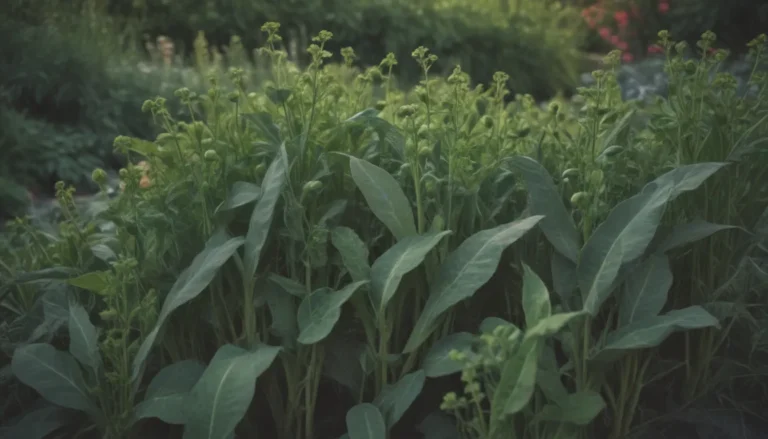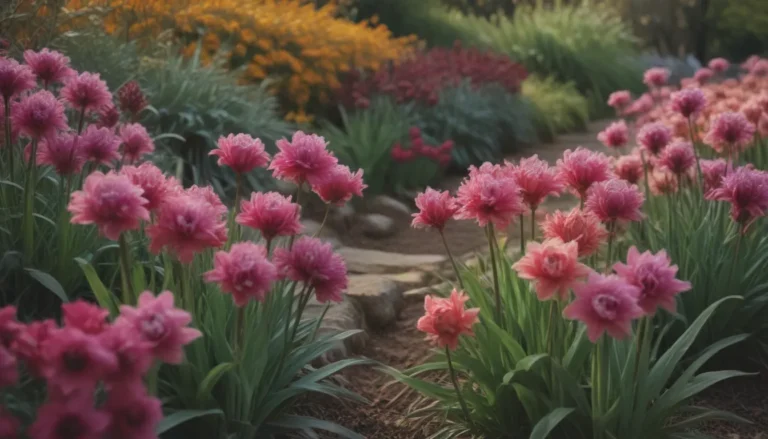Fertilizing Herbs: Everything You Need to Know for Healthy Plants

Herbs are a wonderful addition to any garden or indoor space. Not only do they add flavor to your dishes, but they also provide a lovely aroma and can even have medicinal properties. To ensure your herbs thrive, it is essential to understand their fertilizer needs. Unlike vegetables, herbs are not heavy feeders, but they still require the right balance of nutrients to grow healthy and strong.
Understanding Herb Fertilization Needs
When it comes to fertilizing herbs, there are a few key factors to consider to determine the right approach for your plants. The type of herb, growing conditions, and soil composition all play a role in determining how much and what type of fertilizer to use. Here are a few things to keep in mind:
- Herbs can be divided into two groups based on their fertilizer needs.
- Start by planting herbs in healthy soil rich in organic matter.
- Use an organic, complete, slow-release fertilizer with equal amounts of nitrogen, phosphorus, and potassium.
- Consider using fish emulsion for fast-growing herbs that need an extra boost.
How Often to Fertilize Herbs
The frequency of fertilization for your herbs will depend on their growth patterns and the type of soil they are planted in. Here are some guidelines to follow:
- In average fertility soil, apply a complete granular fertilizer in the spring.
- For other herbs, a light monthly application of slow-release fertilizer should be sufficient.
- If leaves start to look yellow, it may be a sign of nitrogen deficiency, in which case fish emulsion can help.
Fertilizing Herbs in Containers
Herbs grown in containers have different fertilizer needs compared to those planted in garden soil. Due to frequent watering, nutrients in container plants can wash out quickly. Here are some tips for fertilizing herbs in containers:
- Use a slow-release fertilizer to prevent nutrient loss.
- Organic fertilizers are preferable to synthetic ones to avoid over-fertilizing.
- To prevent fertilizer buildup, use the fertilizer at half the strength specified on the label.
Fertilizing Hydroponic Herbs
Hydroponically grown herbs require regular and frequent fertilization using a special hydroponic fertilizer. Here are some things to keep in mind when fertilizing hydroponic herbs:
- Follow the directions of your hydroponic system for fertilization frequency.
- Watch out for magnesium deficiency in hydroponically grown basil and supplement as needed.
- Over-fertilization can lead to nitrogen excess and undesirable results, especially for slow-growing herbs.
Preventing Overfertilization
Over-fertilization can have negative effects on your herbs, so it’s important to avoid adding too much fertilizer. Here are three ways to prevent overfertilizing your herbs:
- Apply a 1-inch layer of compost around the base of your herbs to add nutrients safely.
- Monitor your herbs for signs of nutrient deficiencies or excesses.
- Use fertilizers at the recommended strength to avoid overfeeding your plants.
By understanding the specific needs of your herbs and following these guidelines for fertilization, you can ensure that your plants are healthy, vibrant, and productive. Remember to always monitor your herbs for any signs of nutrient deficiencies and adjust your fertilization routine as needed. Happy herb gardening!





